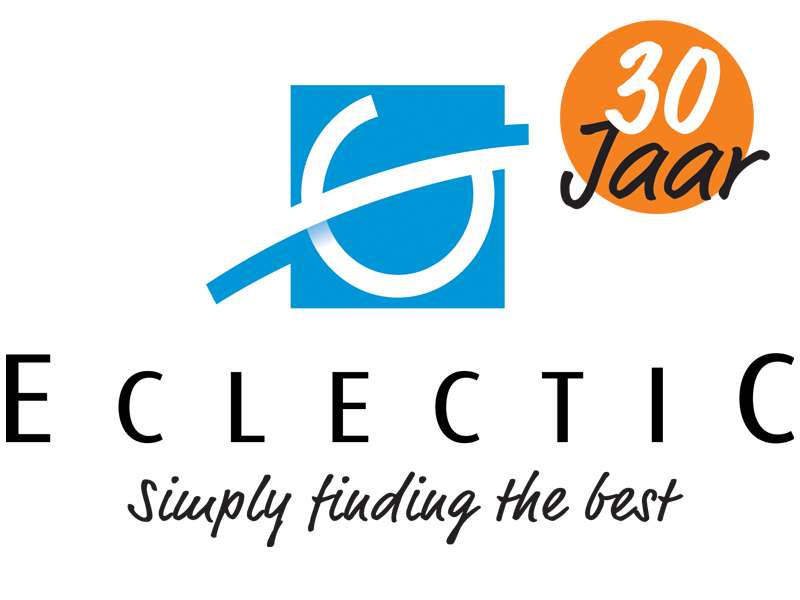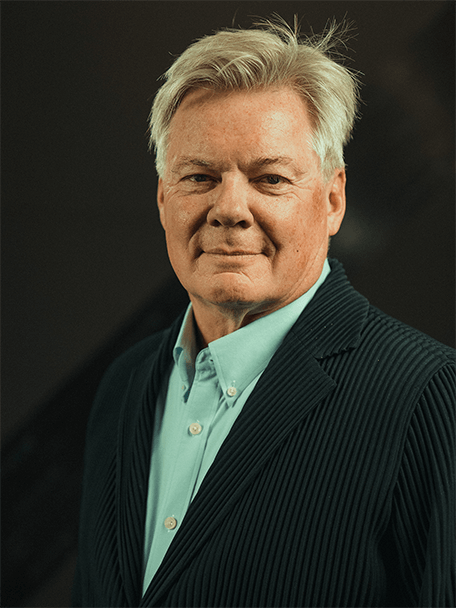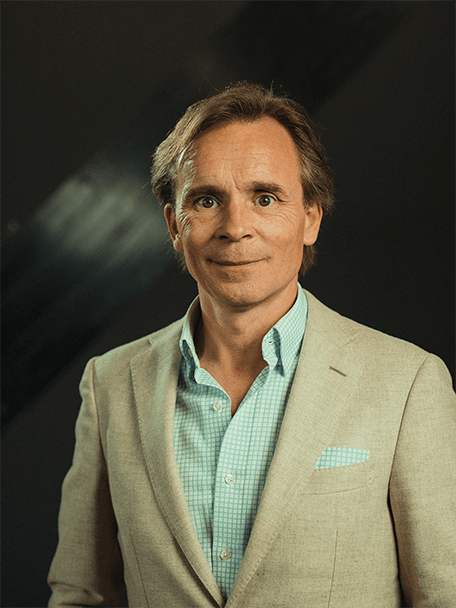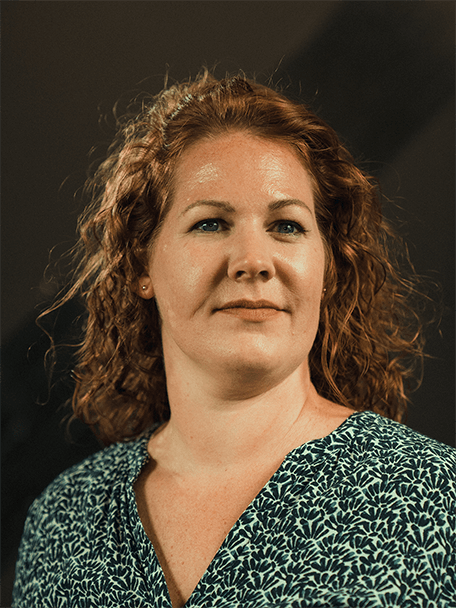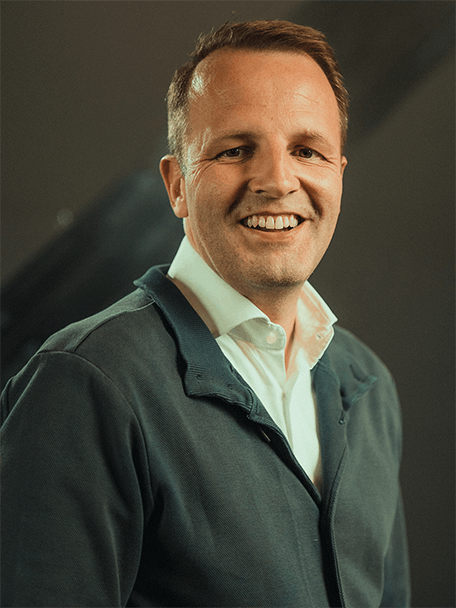
Stop disqualifying candidates!
Looking for a new team member can be a hassle. Everyone has a different picture of how the person should be and what skills the candidate needs to have. The higher management with the bigger picture and the growth strategy in mind has another idea of the perfect candidate than the manager the new employee will work for in the future. And the team members are looking for something different in the new colleague again. Different perspectives generate different ideas. So far so good… and understandable!
The question is though, who is the one with the final say? Who takes the lead in the hiring process? Who’s decision is the determining one?
“Many hiring processes fail,
because the roles and competences of the stakeholders
are not properly defined in advance.”
Candidates are invited for several interview rounds only to be informed in the end that they don’t match the required profile … This is spilled time and effort of everyone involved! The result is a frustrated candidate and a position that keeps being vacant during all that time!
Before starting the hiring adventure a few things need to be defined and agreed on: profile (skills, competences, experience), priorities, knock-out criteria, interviewing process, decision makers and stakeholders with veto rights (if needed due to importance of the position or political reasons). There are a lot factors that can influence and postpone the hiring process if these basic points are not being defined in advance.
At the stage of interviewing candidates there is one crucial attitude that every interviewer needs to internalize:
“Interviewing is about qualifying,
not disqualifying a candidate!”
Often enough a bunch of interviewers is lined up for a candidate. Unfortunately far too many interviewers actually don’t know their role, their competences and what they should be looking for in a candidate. You’ll recognize them when they ask for the job description half an hour before the interview… With the input of the job description and their own interpretation of it they meet the candidate and start interviewing, or should I better call it interrogating…?
The interview is one of the most important elements of the hiring process. Unfortunately there are not many people who are able to conduct a professional interview. Often enough it is either a nice chat or a very formal, sometimes even awkward conversation. Both doesn’t lead to the result we would like to generate – getting to know the candidate, assessing his/her potential and matching it to what is being looked for in the position. Due to these shortcomings in the interviewing process many companies are working with assessment centers or online tests in order to have a second tangible “judgement” about a candidate. In case the candidate is hired and doesn’t work out, you can always blame the test…
Anyway, in the end we all have one intention: finding a suitable person, that fits the role and the company, shows ambition and interest, has the potential to develop and stays with the company or project as long as needed. It’s not only about skills and experience, it’s actually all about competences and attitude. A good candidate with the right potential is able to get trained on the job and to fulfill the role he/she has been hired for very quickly – even if there seems to be a shortage of some experience in the first place.
So be brave, think ahead, envision the future team and start qualifying the candidates in front of you. Disqualifying candidates by ticking or not ticking boxes on the job description is antiquated and outdated!
EclectiC, 30 years of experience in IT Sourcing
Willem-Jan van Tongeren – Directeur Centrale Business en IT Services bij PostNL
EclectiC is al 20 jaar partner van PostNL voor het leveren van IT professionals. Voor ons biedt samenwerken met EclectiC de zekerheid dat we snel experts aantrekken voor de realisatie van onze IT strategie en doelstellingen. We hebben in onze jarenlange samenwerking strakke processen neergezet, waardoor we de beste mensen voor eerlijke tarieven kunnen interesseren voor innovatieve projecten binnen PostNL, welke bijdragen aan onze digitale transformatie.
